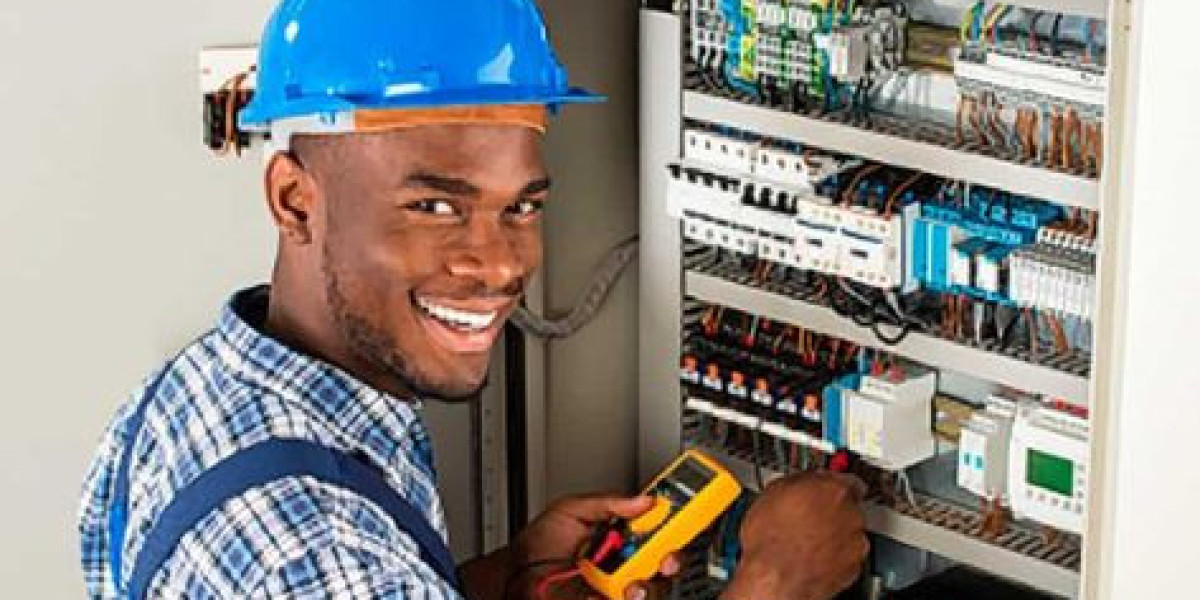The automotive seating market plays a crucial role in the overall comfort, safety, and functionality of vehicles. This sector has experienced significant advancements over the past decade, driven by changing consumer preferences, innovations in materials, and the push for sustainability.

Buy the Full Report for More Insights into the Automotive Seating Market Forecast
Download a Free Report Sample
Key Trends Driving the Market
Technological Integration: The shift towards smart, connected vehicles has driven the integration of technology in automotive seating. Features such as seat sensors for safety alerts, climate control, and massage functionalities are becoming standard in premium and mid-range vehicles.
Sustainability Initiatives: With a global push towards eco-friendly practices, automotive manufacturers are prioritizing sustainable materials in seating production. This includes recycled fabrics, bio-based foams, and low-impact leather alternatives, aligning with environmental regulations and consumer expectations.
Lightweight Design: As automakers strive to improve fuel efficiency, the emphasis on lightweight seat structures has increased. The use of advanced materials like high-strength steel, aluminum, and composites allows for weight reduction without compromising comfort or safety.
Challenges in the Market
Despite growth opportunities, the automotive seating market faces challenges:
- Cost Constraints: Incorporating advanced features and sustainable materials can increase production costs, which may affect pricing and profitability.
- Supply Chain Disruptions: The global supply chain has been impacted by geopolitical tensions and events like pandemics, influencing raw material availability and pricing.
- Technological Barriers: While smart seating technologies offer advantages, they come with complexities in integration and compatibility with existing vehicle systems.
Future Outlook
The future of automotive seating will likely see an expansion in personalized and adaptive seating systems, which adjust to individual occupant preferences and body types. Additionally, autonomous vehicles are set to revolutionize seating design, emphasizing flexibility, multi-position arrangements, and entertainment integration.








